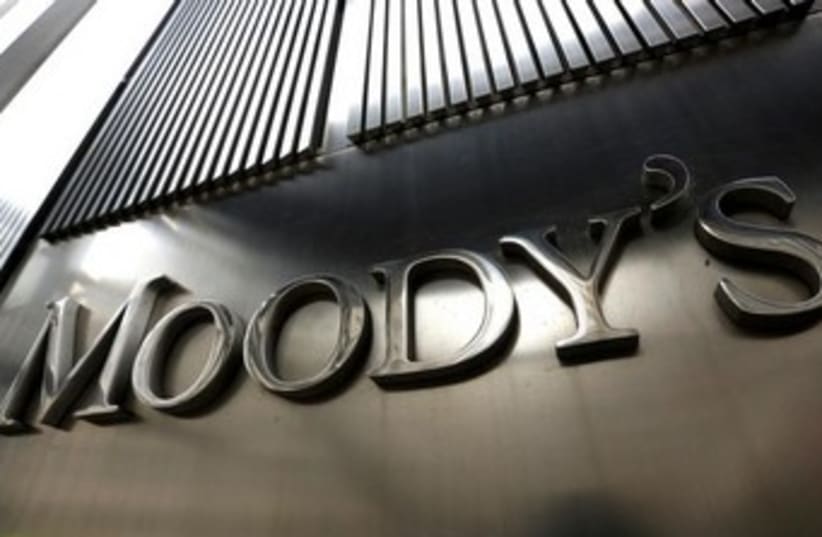Israeli politicians responded to the recently announced drop in Israel's credit rating as per Moody's recent announcement, stating other views on the state of the economy late Friday night.
Prime Minister Benjamin Netanyahu noted in a Friday evening statement that Israel's economy is "solid" and is set to rise again following the end of Israel's war with Hamas in Gaza following the October 7 attacks.
The drop in rating, however, creates concern for Israel's economy as other credit ratings companies, Fitch and S&P, could follow after Moody's decision to lower Israel's rating to A2 from A1 with a negative outlook.
Early Saturday, Prime Minister Benjamin Netanyahu said in a statement: "Israel's economy is solid. The downgrade is not related to the economy, it is entirely due to that we are at war. The rating will go back up as soon as we win the war - and we will win."
Former Finance Minister cites destructive government for economic downfall
Former Finance Minister, MK Avigdor Liberman, turned to a post on X, formerly known as Twitter, in response to the credit rating drop.

"The decision to downgrade Israel's credit rating by Moody's did not come like a thunderbolt on a bright day, but is the result of populist and intolerable measures that the government has promoted since its establishment. The government of destruction continues to degenerate us into an economic disaster just as it brought us to a security disaster on October 7."
He continued: "The budget, as approved by the Knesset just this week in first reading, is a budget that harms growth, gives negative incentives to go to work and acquire a profession, and does not include No news and no growth engines."
Liberman's concerns about a threat in drops to Israel's credit rating go back beyond a year, with the MK voicing dismay and concern over allocations of funds. "It's impossible to give NIS 3 billion to haredi coalition partners whose schools don't provide core studies and NIS 1 billion for food stamps without deficit," Liberman said in November 2022.
Now, Israel's economy feels the lasting impact of the October 7 attacks, questioning when the economy will bounce back, with the financial implications associated with the geopolitical conflict in Israel and Gaza.
